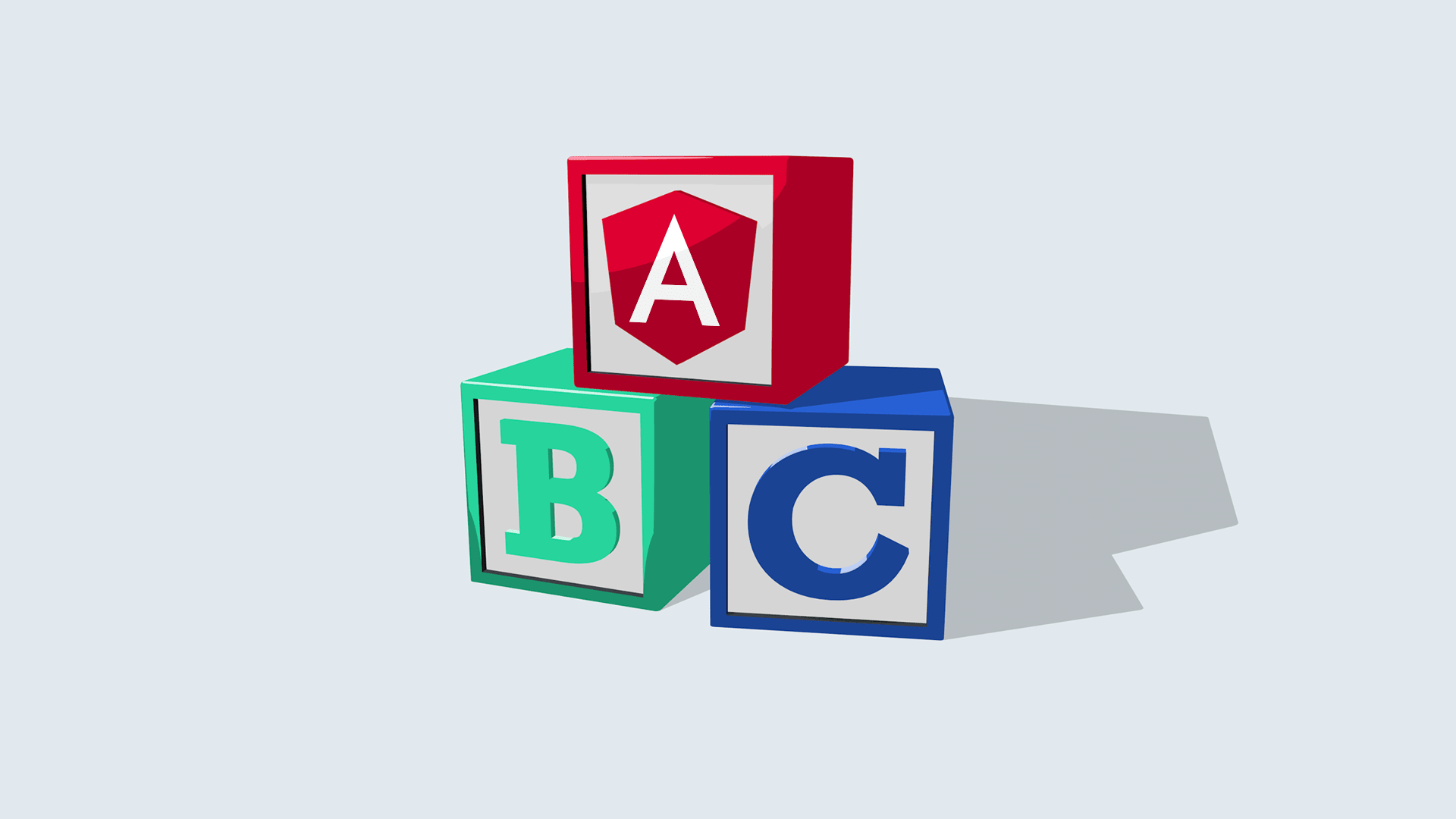Angular has its roots in AngularJS, and many of the models from that initial framework remain relevant in the version we use today. Even with new changes like Standalone Components coming to the language, teams should be aware of the history and methodology at work here. Architects especially need to look for language features and anti-patterns that might trap their team and lead to performance bottlenecks in their systems.
In our discussion, we dive in first to discuss where architects should look to focus. As mentioned, performance is a crucial challenge with code organization close behind. Technical leaders need to be able to inform their teams of these traps and help develop a shared sense of awareness amongst their peers.
For brand new developers, we discuss things easily trip up on when learning Angular. Learning how components output in the DOM and understanding component bindings helps to keep confusing bugs out of your code.
If these topics are interesting to you or if you're looking to pick up Angular, give the conversation a listen. We've spent years working on Angular projects, and we even wrote the Angular training book. We believe we've done a great job providing a perspective that can help you get off on the right foot.


